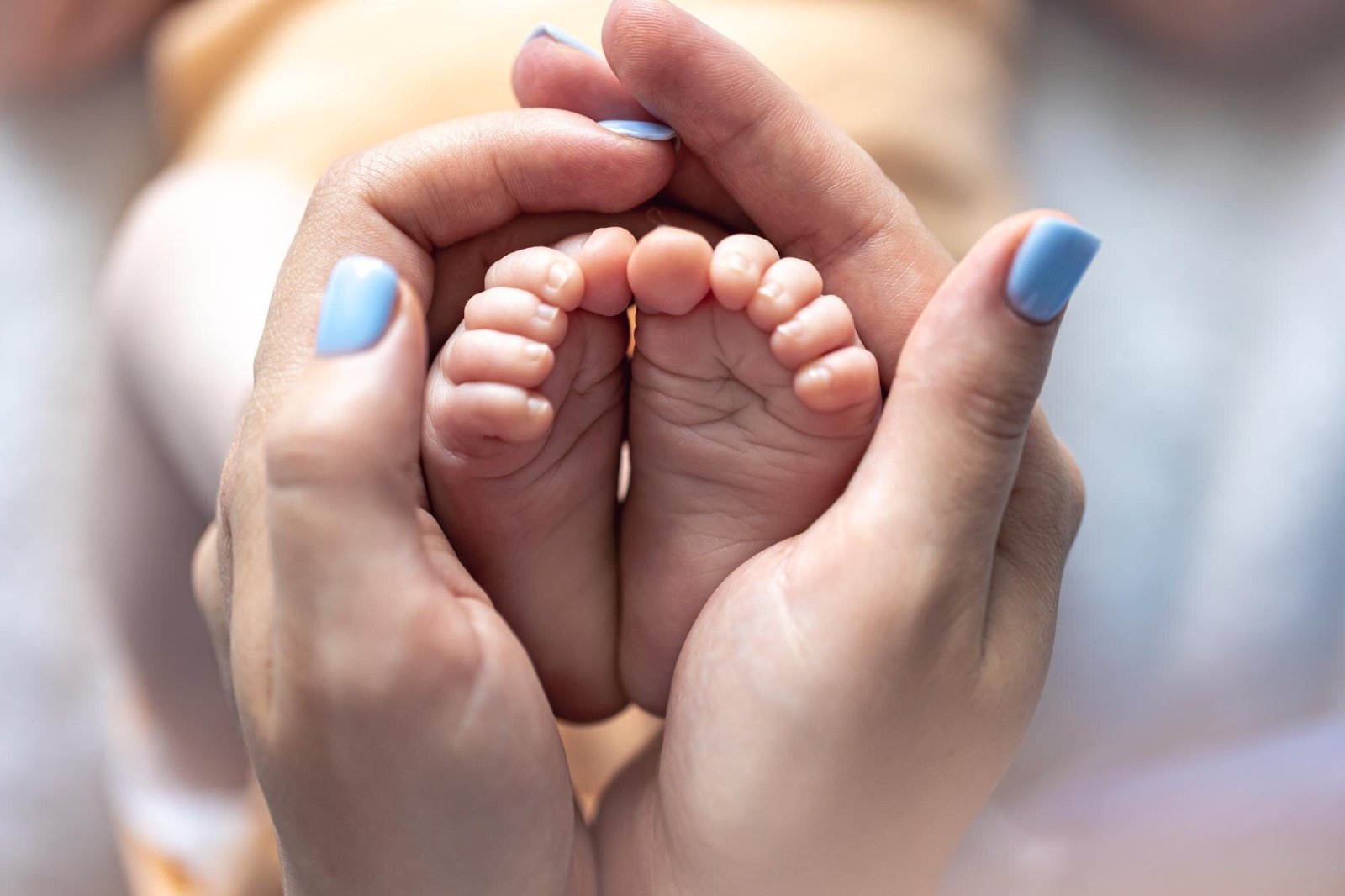In vitro fertilisation (IVF) is a complex and emotionally charged journey that offers hope to many couples struggling with infertility. Understanding each step of the process can help demystify IVF and provide reassurance to those embarking on this path. This article will guide you through the entire IVF journey, from initial consultations to the final pregnancy test.
Initial Consultation and Assessment
The IVF journey begins with an initial consultation at Thulir Fertility Clinic. During this visit, you will meet with Dr. Akila Thirugnanam and our team of specialists. This comprehensive assessment includes:
- Medical History Review: Discussing your medical history, previous fertility treatments, and any underlying health issues.
- Physical Examination: A thorough examination to assess your overall health and reproductive system.
- Diagnostic Tests: Blood tests to evaluate hormone levels, ultrasound scans to check the ovaries and uterus, and semen analysis for male partners.
Ovarian Stimulation
Once the initial assessment is complete and IVF is deemed appropriate, the next step is ovarian stimulation. This involves:
- Medications: Hormonal injections are administered to stimulate the ovaries to produce multiple eggs. These medications are typically taken for 8-14 days.
- Monitoring: Regular ultrasounds and blood tests monitor the growth and development of the follicles (fluid-filled sacs containing the eggs).
- Adjustments: The dosage and duration of medications may be adjusted based on the response to stimulation.
Egg Retrieval
When the follicles are mature, the next step is egg retrieval:
- Trigger Shot: A final injection of human chorionic gonadotropin (hCG) or another trigger medication is given to induce the final maturation of the eggs.
- Procedure: Egg retrieval is performed under sedation using a thin needle guided by ultrasound. The needle is inserted through the vaginal wall to reach the ovaries and extract the eggs.
- Recovery: The procedure takes about 20-30 minutes, and patients can usually go home the same day. Some discomfort or cramping may be experienced.
Fertilisation and Embryo Culture
After the eggs are retrieved, they are fertilized with sperm in the laboratory:
- Insemination or ICSI: Depending on the specific case, standard insemination or intracytoplasmic sperm injection (ICSI) is used. ICSI involves directly injecting a single sperm into each egg.
- Culture: The fertilized eggs (embryos) are cultured in a controlled environment for 3-5 days. During this time, they are monitored for development and quality.
Embryo Transfer
Once the embryos have developed, the best quality embryos are selected for transfer:
- Preparation: The uterus is prepared for implantation through hormonal support, usually with progesterone.
- Transfer Procedure: A thin catheter is used to transfer one or more embryos into the uterus. This procedure is typically painless and does not require sedation.
- Rest: Patients are advised to rest for a short period after the transfer, although normal activities can usually be resumed the next day.
The Two-Week Wait
The period following embryo transfer is known as the “two-week wait”:
- Hormonal Support: Continued hormonal support with progesterone to help maintain the uterine lining.
- Lifestyle Recommendations: Patients are advised to maintain a healthy lifestyle, avoid strenuous activities, and manage stress.
- Monitoring: Any unusual symptoms or concerns should be reported to the clinic.
Pregnancy Test
Two weeks after the embryo transfer, a blood test is performed to check for pregnancy:
- Positive Result: If the test is positive, further monitoring and ultrasounds will be scheduled to confirm and support the early stages of pregnancy.
- Negative Result: If the test is negative, a follow-up consultation will discuss the next steps and potential options for future cycles.
Emotional Support and Counseling
The IVF journey can be emotionally challenging. At Thulir Fertility Clinic, we provide:
- Counselling Services: Professional counselling to help manage stress, anxiety, and emotional well-being.
- Support Groups: Connecting with others who are going through similar experiences for mutual support and encouragement.
- Resources: Educational materials and resources to help patients understand and navigate the IVF process.
Conclusion
The IVF journey is a complex process that requires medical expertise, emotional resilience, and supportive care. At Thulir Fertility Clinic, we are dedicated to providing comprehensive, compassionate care every step of the way. Understanding what to expect can help you feel more prepared and confident as you embark on this path to parenthood.




